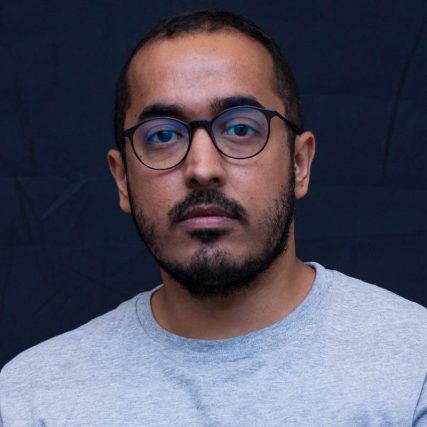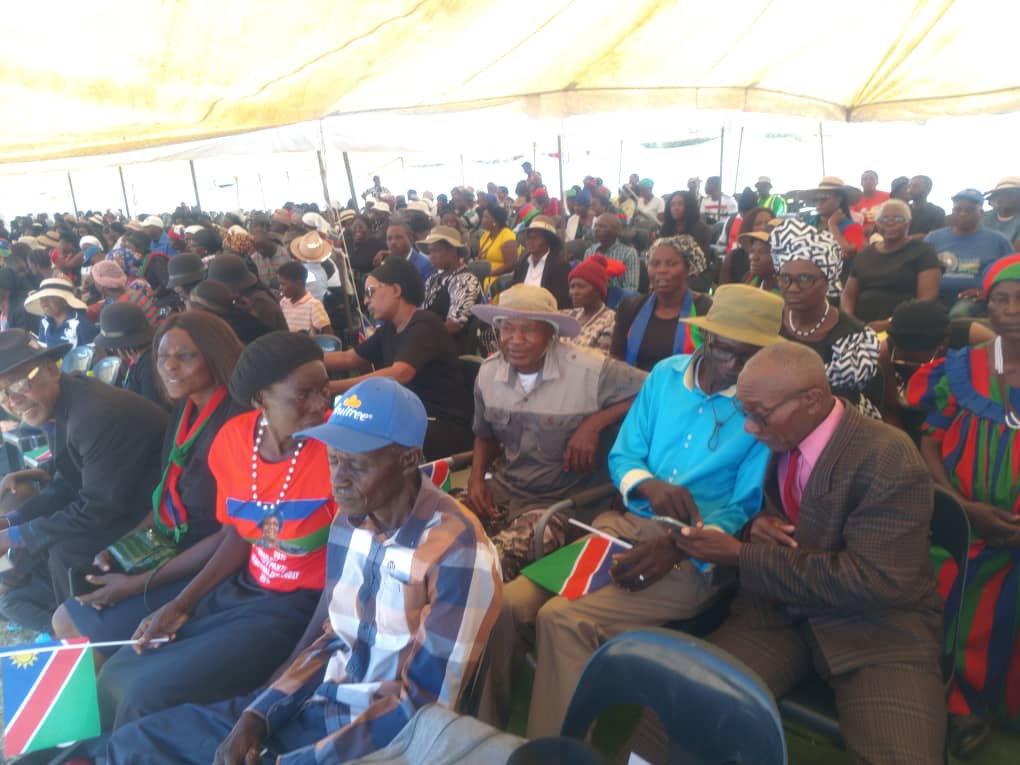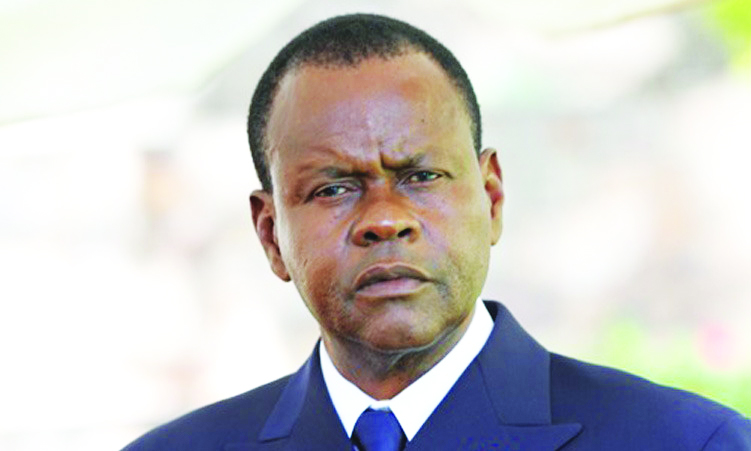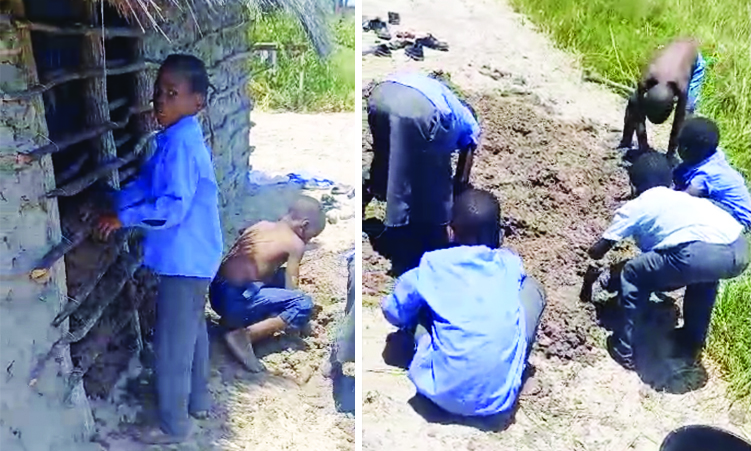World Press Freedom Day, commemorated on 3 May, came from the Windhoek Declaration produced at a UNESCO conference in Namibia in 1991, to emphasise the importance of the free flow of information in newly independent African nations.
Although its creation reaffirmed the media’s vital role in democracy, the continent still has a long way to go.
Colonial-era defamation laws, together with new draconian measures in the digital realm, criminalise journalism and curtail free speech.
In 2023 alone, 67 media workers were jailed across the continent, and in Cameroon, journalist and radio presenter Martinez Zogo was abducted and killed.
A recent spate of coups across the continent, and widespread conflict in Sudan, Ethiopia, the Sahel and elsewhere, has worsened an already fraught media landscape.
The International Consortium of Investigative Journalists’ brand of cross-border collaboration is a powerful antidote.
These collaborations elevate essential stories and serve as a safeguard against threats, enabling journalists to pursue stories in the face of adversity.
The recent Swazi Secrets investigation was the first of its kind for southern Africa, bringing together 38 journalists from 11 countries to investigate a leak of almost 900 000 documents from the Eswatini Financial Intelligence Unit.
Thank you for being an ally in the fight to protect press freedom.
— Micah Reddy is a reporter and the Africa coordinator for the International Consortium of Investigative Journalists.
Stay informed with The Namibian – your source for credible journalism. Get in-depth reporting and opinions for
only N$85 a month. Invest in journalism, invest in democracy –
Subscribe Now!










